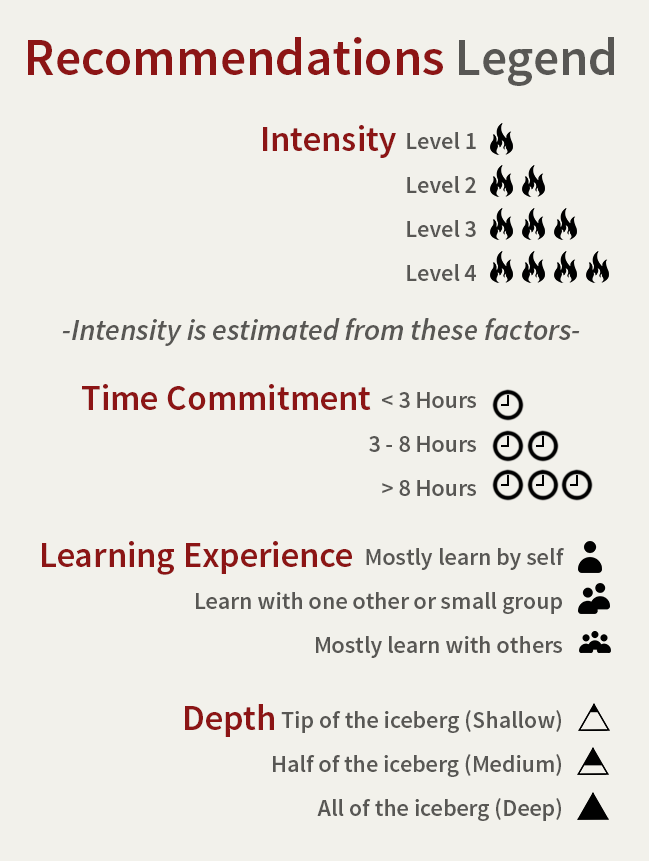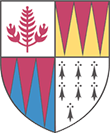When students graduate from Stanford, they face a world that expects them to demonstrate not only talent and knowledge, but effective communication and influence skills. Whether they have studied engineering, medicine, education, social sciences or other fields, Stanford alumni often find themselves in positions where their ability to navigate change and interpersonal dynamics is just as important as their subject matter expertise and analytical skills. The Leadership Laboratories are a series of experiential simulations and modules, designed to cultivate the skills critical to navigating complex, interdependent teams and organizations. We focus on skills that help you influence outcomes, motivate others, and build productive working relationships—skills that will have a positive multiplier effect on your impact in the workplace.
Monday, Sept. 11, 9 AM – 4 PM; Tuesday, Sept. 12 – Thursday, Sept. 14, 9 AM – 1 PM; Friday, Sept. 15, 9 AM – 1 PM (Orientation will take place Friday, Sept. 8, 3-5 PM)
(Continental breakfast available at 8:45 AM each morning)
Instructor
- Evelyn Williams, teaching professor, Georgetown University, McDonough School of Business
Audience & Capacity
Open to all graduate students in any discipline. Space is limited to 48.
Objectives
By participating fully in this course, you will:
- Apply knowledge and skills of communication, motivation, conflict management, team dynamics, and influence to real life situations
- Better understand your own ability to influence the contexts around you and also how you are influenced by those same contexts
- Gain more intentionality in the choices you make within organizational settings and be in a better position to evaluate potential outcomes
- Apply behavioral analysis and feedback to aid others in their quest for better self-awareness and self-management—and in the process improve your own
- Synthesize the elements important in creating an innovative, feedback-rich culture
Beyond these formal objectives, this course gives you a better sense of the difference between intentionality and perception, how much your behavior signals who you are to the outside world, and ultimately how much positive impact you can have on the folks and organizations around you.
Summary
Having the opportunity to choose your colleagues is rare in your working life—you usually inherit them when you join an organization. More often than not, when you assume a leadership role, you inherit your subordinates as well.
- How do you assess people and maximize the performance of the teams you become part of, whether as members or managers?
- What interpersonal skills give you influence?
- Which interpersonal strengths can propel you to your next promotion?
- What development areas might prevent your ascension to higher levels of leadership?
In the six Leadership Labs that comprise the course, you focus on these questions. However, rather than tackle cases where you can distance yourself in comfortable analytical discussions, you are thrown into experiential exercises, testing your ability to build effective relationships, motivate others, and influence outcomes. These Leadership Labs are definitely not a spectator sport as you’ll be asked to further your leadership and interpersonal skills in every Lab.
Together in the Leadership Labs, you and your fellow students create a feedback-intensive environment where you continually evaluate your own behavior, reflect on it, and choose more productive ways to interact. As with many things in life, what you get out of these experiences will depend on what you put into them. The Leadership Labs provide the playing field for you to do that experimentation; the more you get out on the field and play, the more you will get out of the Labs.
Additional Course Expectations
- As part of this course, about 1-2 hours of work per day outside of class is expected.
- Full attendance is expected.
SUNet ID required to log in; all SGSI correspondence sent to your Stanford email account.




